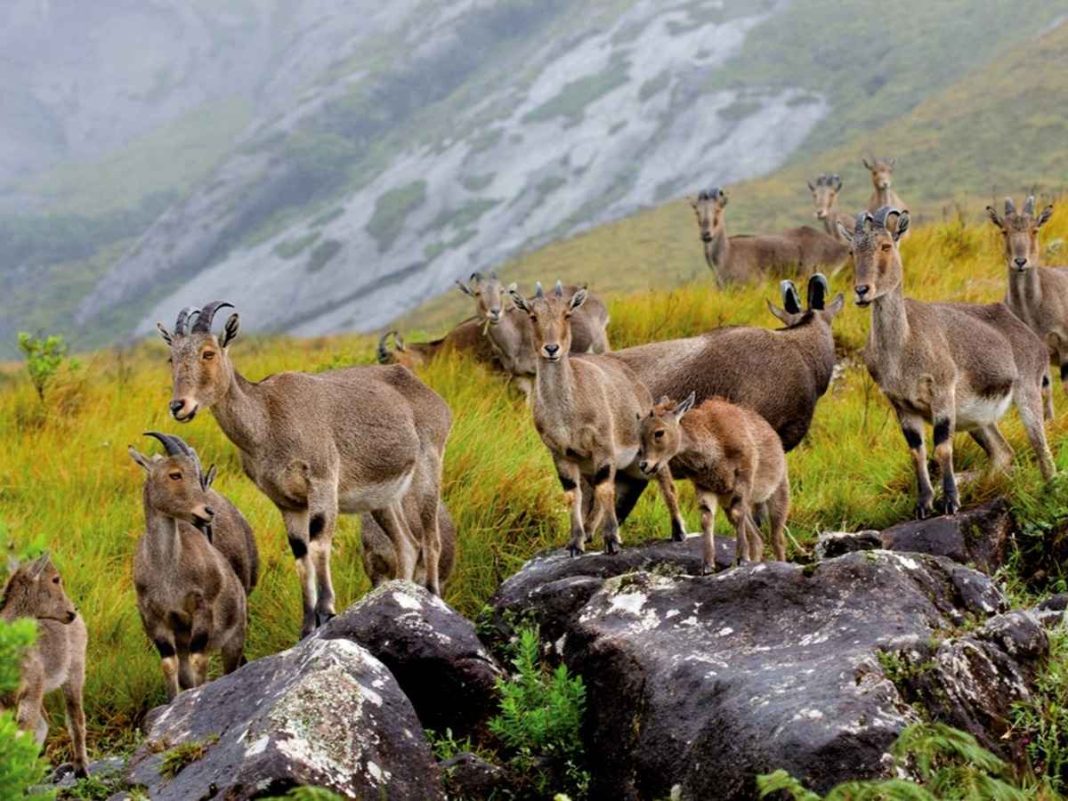Kerala has earned national recognition for its exemplary stewardship of protected areas, jointly securing the top spot in the Management Effectiveness Evaluation (MEE) 2020–2025 alongside Chandigarh. Conducted by the Union Ministry of Environment, Forest and Climate Change, this evaluation highlights the success of Kerala’s conservation strategies and park management initiatives.
Understanding the Management Effectiveness Evaluation (MEE) Framework
The Management Effectiveness Evaluation (MEE) serves as a comprehensive tool to gauge the efficiency of management in India’s national parks and wildlife sanctuaries. The assessment covers a range of parameters including habitat integrity, resource management, species protection, and community involvement.
Out of 438 protected areas assessed, Kerala achieved an impressive mean score of 76.22%, while Chandigarh scored the highest at 85.16%.
High Performers in Protected Areas
Among the top-ranking sites, Eravikulam National Park (Kerala) and Dachigam National Park (Jammu & Kashmir) stood out with scores of 92.97%, setting benchmarks for protected area management.
Kerala also featured other high-scoring parks such as:
- Mathikettan Shola National Park – Ranked 5th
- Chinnar Wildlife Sanctuary – Ranked 6th
These rankings reflect Kerala’s focus on maintaining ecological balance and preserving biodiversity.
Persistent Challenges in Some Regions
Despite Kerala’s overall high performance, the report points to concerns in certain areas:
- Mangalavanam Bird Sanctuary is affected by urbanisation and lacks an effective management plan.
- Idukki Wildlife Sanctuary faces grazing issues from feral cattle.
- Wayanad Wildlife Sanctuary is under pressure due to frequent human-wildlife conflicts and encroachments.
Strategic Recommendations
To address ongoing issues and boost future effectiveness, the evaluation proposes several key actions:
- Relocation of tribal hamlets to minimize conflict zones
- Control of invasive species to protect native flora and fauna
- Enhancement of monitoring and patrolling using modern tools
- Incorporation of Chedaleth range into Wayanad Sanctuary to ensure safe elephant migration routes
Spotlight: Eravikulam National Park
Located in the Western Ghats, Eravikulam National Park is renowned for its unique ecosystem. Home to the endangered Nilgiri Tahr and the rare Neelakurinji flower, which blooms once every 12 years, the park represents one of India’s finest Shola-grassland biomes and contributes to the UNESCO World Heritage Site designation of the Ghats.
Looking Ahead: A Blueprint for Conservation
Kerala’s future conservation efforts aim to balance ecological preservation with community involvement. Plans include:
- Expanding eco-tourism infrastructure
- Promoting local community participation
- Partnering with scientific institutions and NGOs for improved research and monitoring
Such integrated approaches are expected to strengthen Kerala’s leadership in biodiversity conservation and sustainable wildlife management.



